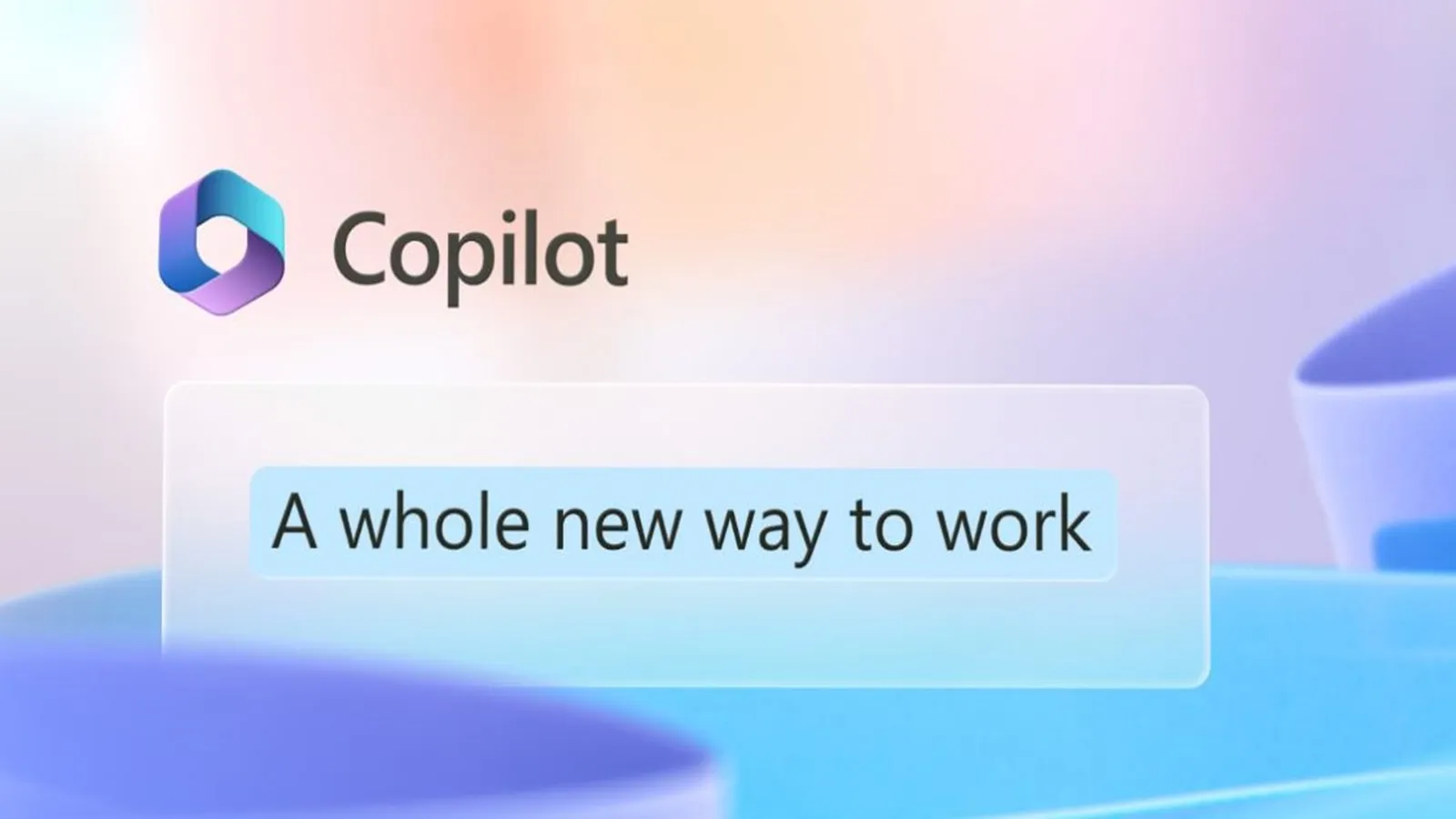Microsoft’s recent announcement of a dedicated “Copilot key” on Windows keyboards has ignited a firestorm of debate about the future of AI chatbots. This seemingly innocuous hardware addition represents a significant step in Microsoft’s strategy to embed its AI assistant, aptly named Copilot, deeper into the user experience. But beyond convenience, the Copilot key raises important questions about accessibility, competition, and the overall trajectory of AI development.
Key Highlights:
- Microsoft introduces dedicated Copilot key on Windows keyboards, launching its AI assistant directly.
- The move raises both accessibility and antitrust concerns.
- Experts debate potential benefits and risks, including increased AI integration and competition challenges.

Accessibility Boost or Walled Garden?
On the surface, the Copilot key offers undeniable benefits. Imagine a world where a single keystroke grants instant access to an AI helper capable of summarizing documents, assisting with tasks, or even providing companionship. This ease of use could democratize AI, making it readily available to users of all technical backgrounds. For individuals with disabilities, voice-activated Copilot commands could further bridge the accessibility gap.
However, critics argue that the Copilot key risks creating a “walled garden” effect, favoring Microsoft’s own AI over competitors like Google Assistant or Amazon Alexa. By physically tethering users to Copilot, Microsoft could stifle innovation and limit user choice. Additionally, concerns exist about data privacy, as Copilot will inevitably collect user information through interactions and keystrokes.
Antitrust Concerns and the Road Ahead
The Copilot key’s introduction comes amidst ongoing antitrust scrutiny against Microsoft. Regulators are already investigating Microsoft’s bundling of Bing with Windows, and the Copilot key could be seen as another attempt to leverage its market dominance. This raises crucial questions about whether such deep integration stifles competition and fair market practices.
Experts remain divided on the long-term implications of the Copilot key. Some see it as a natural progression in AI integration, while others fear it represents a worrying step towards vendor lock-in and stifled innovation. Ultimately, the success of the Copilot key will hinge on Microsoft’s ability to address concerns about accessibility, data privacy, and competition. Finding the right balance between user convenience and a healthy AI ecosystem will be crucial in determining whether the Copilot key marks a turning point for AI chatbots or a misstep on the road to a more open and inclusive future.
The Copilot key is more than just a hardware addition; it’s a symbol of Microsoft’s ambitions in the AI space. While the potential benefits of seamless AI integration are undeniable, concerns about accessibility, competition, and data privacy must be addressed. Only time will tell whether the Copilot key unlocks a new era of accessible AI or paves the way for a more restrictive landscape.


















